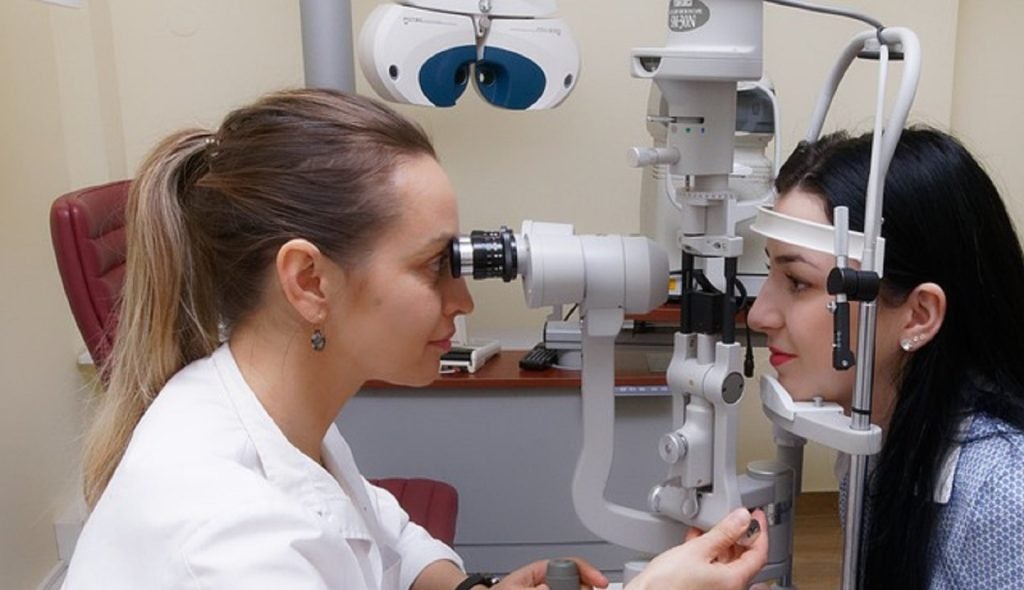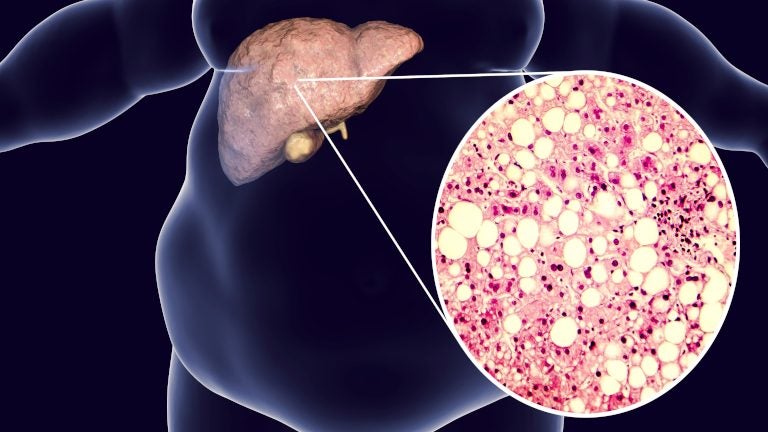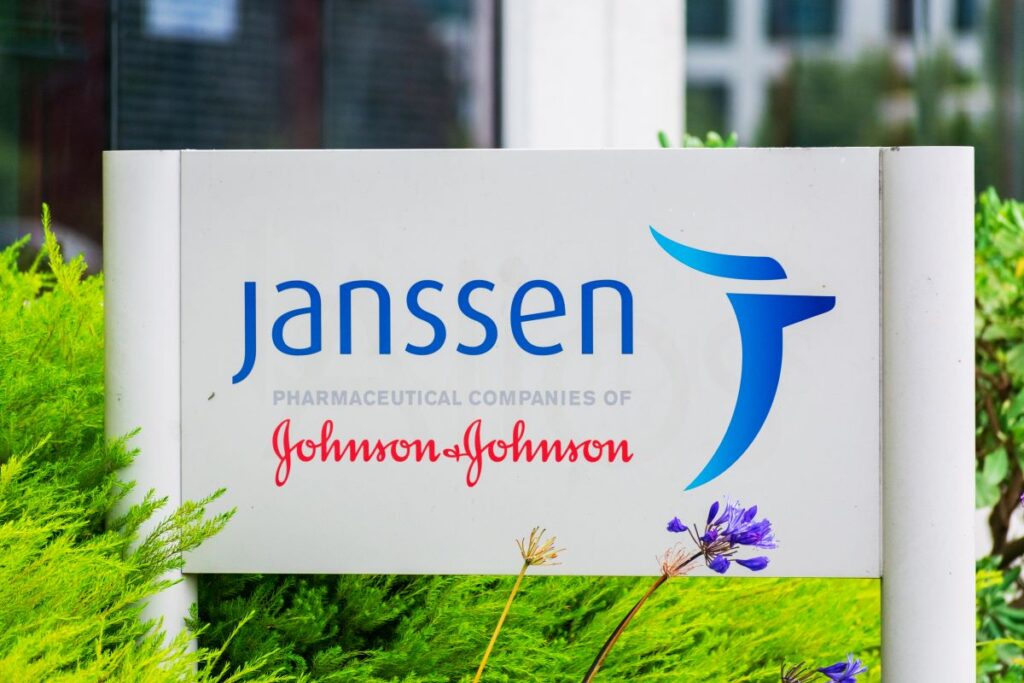US-based pharmaceutical company EyePoint Pharmaceuticals has finished enrolling patients in its Phase II PAVIA clinical trial of EYP-1901 for moderate to severe non-proliferative diabetic retinopathy (NPDR).
The randomised, controlled study will evaluate EYP-1901 as a potential nine-month treatment for patients with moderate to severe NPDR.
The 12-month trial has exceeded its 60-patient target and enrolled a total of 77 patients.
Patients were randomised to receive either 2mg or 3mg of EYP-1901 while the control group was treated with a sham intravitreal injection in the physician's office.
The improvement of at least two diabetic retinopathy severity scale levels as of week 36 after the EYP-1901 injection is the trial's primary efficacy endpoint.
Secondary endpoints include the reduction in retinal ischaemia/nonperfusion and safety, as well as the occurrence of diabetic macular oedema and/or proliferative disease and vision-threatening complications.
Topline data from the trial are anticipated in the second quarter of next year.
EyePoint Pharmaceuticals CEO Nancy Lurker said: “Despite the risk for visual loss associated with this disease, over 90% of patients currently receive no course of treatment apart from observation by their eye care specialist until they develop sight-threatening complications.
“This is due to the burdensome and frequent eye injections currently required with today’s approved therapies for this disease.
“As a result, we believe EYP-1901 may address the substantial therapeutic unmet need for a long-acting treatment.”
EYP-1901 combines an erodible formulation of Durasert E with tyrosine kinase inhibitor, vorolanib.
The therapy is being developed as an investigational sustained delivery treatment for retinal diseases.
A previous Phase I clinical trial of EYP-1901 in wet AMD demonstrated a positive safety profile with stable visual acuity and OCT.
Data from the trial showed a 75% treatment burden reduction after six months and 73% at the 12-month visit following one dose of EYP-1901.















